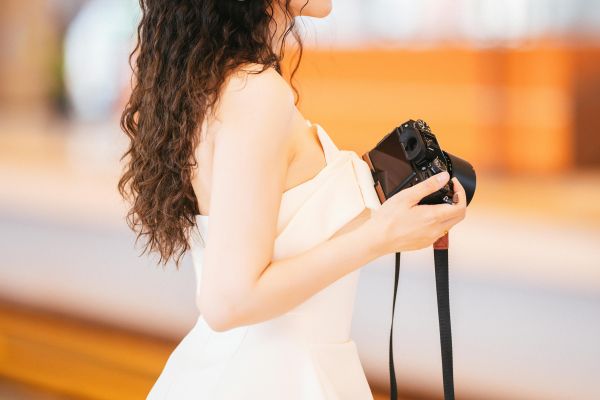Understanding Your Equipment as a Videographer: Part One

If you’re diving into the world of videography, one of the most important steps is understanding your equipment. Whether you’re shooting with a high-end cinema camera or a smartphone, knowing how to use your gear effectively can make all the difference in creating professional-looking videos. In Part One of this blog series, we’ll cover the essentials: your camera, lenses, and audio equipment. Let’s get started!
1. Your Camera: The Heart of Videography
Your camera is your primary tool, and understanding its features is key to capturing great footage. Here’s what you need to know:
-
Types of Cameras: From DSLRs and mirrorless cameras to cinema cameras and even smartphones, there’s a wide range of options. Choose one that fits your budget and needs.
-
Key Features:
-
Sensor Size: Larger sensors (like full-frame) perform better in low light and give you that cinematic shallow depth of field.
-
Resolution: 4K is the standard these days, but higher resolutions like 6K or 8K offer more flexibility in post-production.
-
Frame Rates: Shooting at higher frame rates (e.g., 60fps or 120fps) allows for smooth slow-motion effects.
-
-
Pro Tip: Learn how to use manual settings like ISO, shutter speed, and aperture to take full control of your footage.
2. Lenses: The Eyes of Your Camera
Lenses play a huge role in the look and feel of your videos. Here’s a quick guide:
-
Prime vs. Zoom Lenses: Prime lenses have a fixed focal length and are often sharper, while zoom lenses offer versatility.
-
Focal Length: Wide-angle lenses are great for landscapes or tight spaces, while telephoto lenses are perfect for capturing distant subjects.
-
Aperture: A lower f-number (e.g., f/1.8) lets in more light and creates that beautiful blurred background effect.
-
Pro Tip: Invest in quality lenses—they can make a bigger difference than upgrading your camera body.
3. Audio: Don’t Neglect the Sound
Great video quality means nothing if your audio is poor. Here’s how to level up your sound game:
-
Microphones:
-
Shotgun Mics: Ideal for capturing sound from a specific direction.
-
Lavalier Mics: Perfect for interviews or presentations.
-
Boom Mics: Used in cinematic setups for clear, overhead audio.
-
-
External Recorders: Devices like the Zoom H4n provide better audio quality than your camera’s built-in mic.
-
Pro Tip: Always monitor your audio with headphones and use windshields to reduce noise outdoors.
Stay tuned for Part Two, where we’ll dive into lighting, stabilization, accessories, and post-production tips to complete your videography toolkit!
